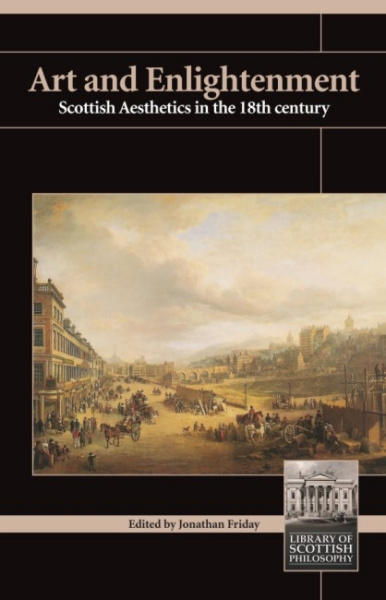During the intellectual and cultural flowering of Scotland in the 18th century few subjects attracted as much interest among men of letters as aesthetics - the study of art from the subjective perspective of human experience. All of the great philosophers of the age - Hutcheson, Hume, Smith and Reid - addressed themselves to aesthetic questions. Their inquiries revolved around a cluster of issues - the nature of taste, beauty and the sublime, how qualitative differences operate upon the mind through the faculty of taste, and how aesthetic sensibility can be improved through education. This volume brings together and provides contextual introductions to the most significant 18th century writing on the philosophy of art. From the pioneering study of beauty by Francis Hutcheson, through Hume's seminal essays on the standard of taste and tragedy, to the end of the tradition in Dugald Stewart, we are swept up in the debate about art and its value that fascinated the philosophers of enlightenment Scotland - and continues to do so to this day.


